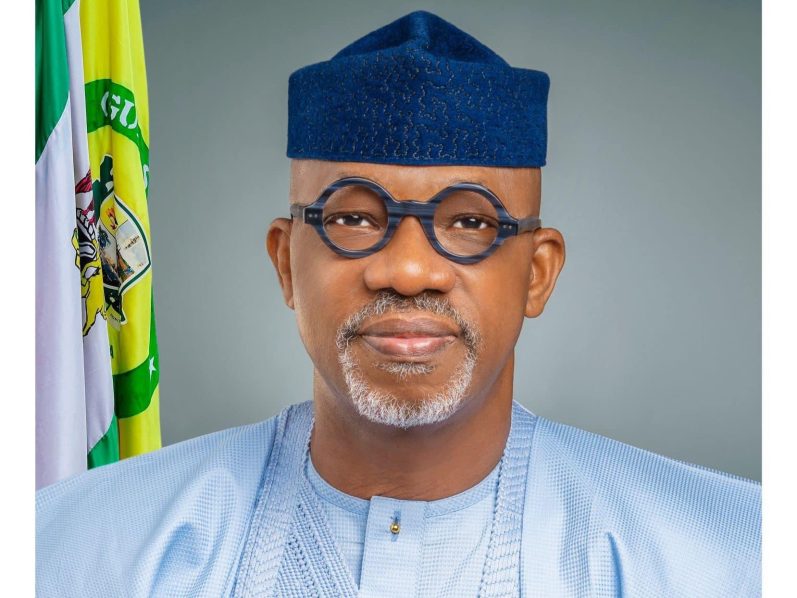
Ogun State Government, yesterday, said it would provide accommodation for victims of Gender Based Violence (GBV) in the state.
Governor Dapo Abiodun made the promise in his office at Oke-Mosan, Abeokuta, when he received his wife and other women, who were on a road show as part of activities for the 16 days Activism Against Gender-Based Violence in the state.
The shelter, he said, would save them from the stigma usually associated with the problem, adding that the government would institute a Gender Based Violence Trust Funds to finance the welfare of victims.
He said: “By this, I am now instructing the Secretary to the State Government to work with the Ministry of Housing to identify either a building; if they can’t find one, we identify a parcel of land and we will construct a befitting building to serve as the needed shelter for those persons who have been subjected to all kinds of sexual harassment,” he said.
Speaking on the call for a specialised court to try cases of gender-based violence in the state, Abiodun said: “Fortunately, our head of court in Ogun State is a woman. In fact, the two courts we have, the state High court and the Customary Court of Appeal, are both headed by women. I am sure the Chief Judge will be more than happy to see what she can do to expedite the request.”
Meanwhile, NG-CARES has called for the elimination of gender-based violence in Nigeria.
It made the call during a three-day step down training on gender-based violence in Asaba, Delta State.
Participants were drawn from nine states, namely Delta, Enugu, Akwa-Ibom, Ebonyi, Rivers, Cross Rivers, Abia, Imo and Bayelsa.
In his remarks, the state Commissioner for Economic Planning and Chairman, Delta State Cares Steering Committee, Sonny Akporokiamo said the training was timely, given the global focus on the need to take gender-based violence and issues more seriously.
Also the National Coordinator, NG-CARES, Dr Obaje Abdulkarim, noted that in accordance with one of the requirements of the World Bank, every programme should be gender sensitive, saying that was why participants are gender-related programme officers, adding that the essence was to prepare them to have the capacity to deliver on gender-based results.






